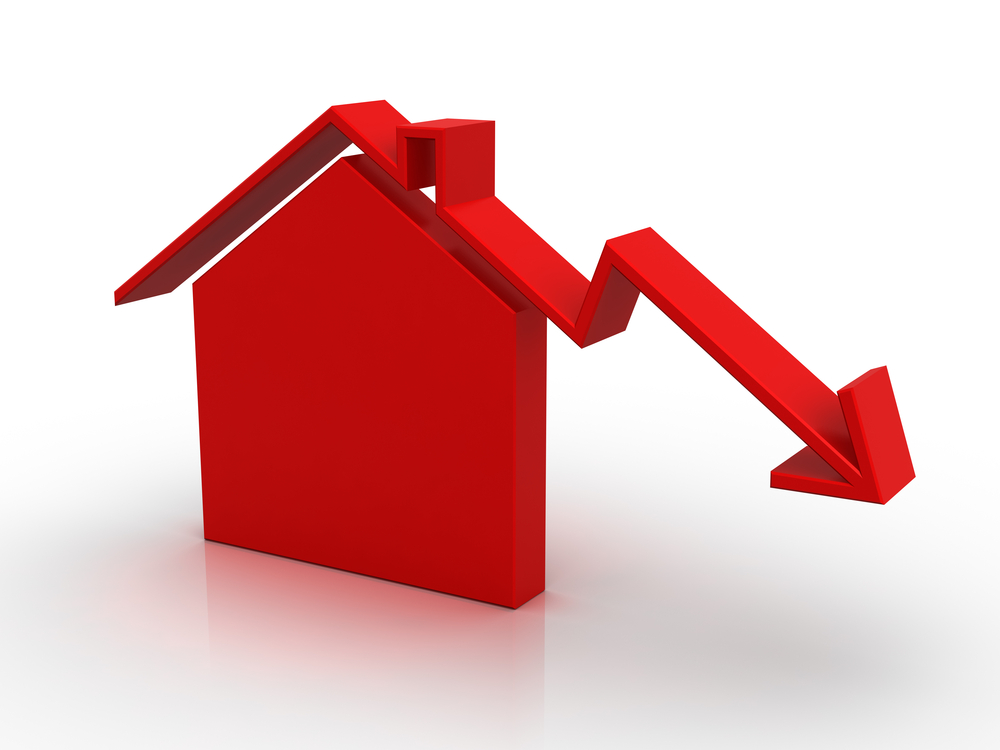First-time Buyer
House price growth slips again in January

Guest Author:
Shekina TuaheneHouse prices in the UK fell 0.6% to £258,297 between December and January as values continued to slip.
The Nationwide house price index showed the monthly decrease was steeper than the 0.3% drop recorded in December. Annually, house prices were 1.1% higher than a year ago, but this was lower than December’s 2.8% yearly growth.
Nationwide said prices were also 3.2% down on the August peak when the average price stood at £273,751.
Robert Gardner, chief economist at Nationwide, said although mortgage rates were starting to normalise, it was too early to say whether the housing market had begun to recover.
He added: “It will be hard for the market to regain much momentum in the near-term as economic headwinds are set to remain strong, with real earnings likely to fall further and the labour market widely projected to weaken as the economy shrinks.”
Affordability challenges
Gardner said changes to housing affordability had hiked up costs, and all regions in the UK had seen a “deterioration in affordability” since 2021.

Why Life Insurance Still Matters – Even During a Cost-of-Living Crisis
Sponsored by Post Office
He said: “Should recent reductions in mortgage rates continue, this should help improve the affordability position for potential buyers, albeit modestly, as will solid rates of income growth, especially if combined with weak or negative house price growth.
“Nevertheless, the overall affordability situation looks set to remain challenging in the near-term. Saving for a deposit is proving a struggle for many given the rising cost of living, especially those in the private rented sector where rents have been rising at their strongest pace on record.”
A slight settling of the market
Karen Noye, mortgage expert at Quilter said despite house prices falling for the fifth month in a row, “the severity of the downturn in the housing market may not be as acute as originally predicted”.
She said rates were not as high as feared and although there would be a strain on finances, the pain would not be as widespread as initially thought.
Gary Bush, managing director of MortgageShop.com, said: “If fixed rate mortgages keep reducing, as they currently are, then with the shortage of decent available properties across the UK and a strong jobs market, we may get away with a temporary rather than a long-term reduction in house prices.”
Marc von Grundherr, director of Benham and Reeves, said: “The decline in house prices seen in recent months is more akin to the market tripping over its shoelace than falling off a cliff edge and we’ve simply not seen the catastrophic property market decline that was so widely predicted during the latter stages of last year.
“Yes, buyers are treading with caution and sellers are having to adjust their price expectations in line with this changing market, but our appetite for homeownership remains strong and we continue to see activity despite wider economic turbulence.”
For Nicky Stevenson, managing director at Fine & Country, the subdued buyer demand is the strongest factor dampening house price growth. However, average prices remain higher than they were a year ago, and 12% higher than they were in January 2021.
Stevenson added that while buyers have returned to the market in greater numbers since the shocks of the mini Budget last autumn, a month without a base rate rise – when it finally comes – “could be enough to produce a quick turnaround in home-buyer numbers”.
She said: “As the Bank of England weighs up whether to make a tenth successive hike in interest rates tomorrow, buyers will be hoping lenders have factored another rise into their products already. If mortgage rates remain stable, this could be enough to convince many people to resume their property search.”